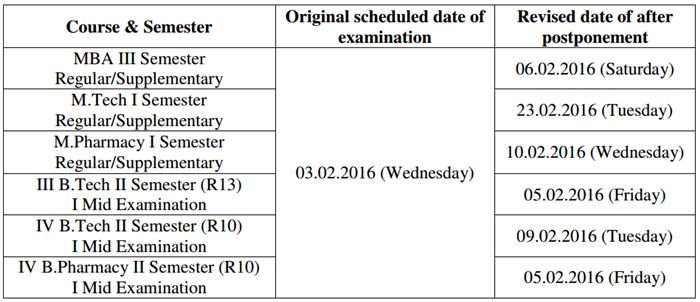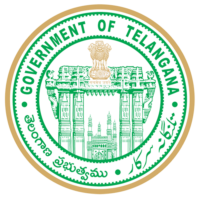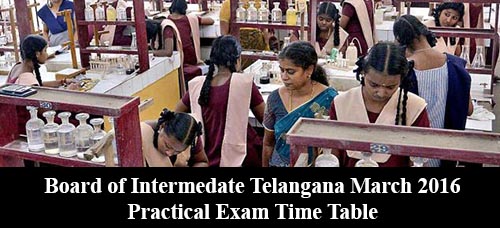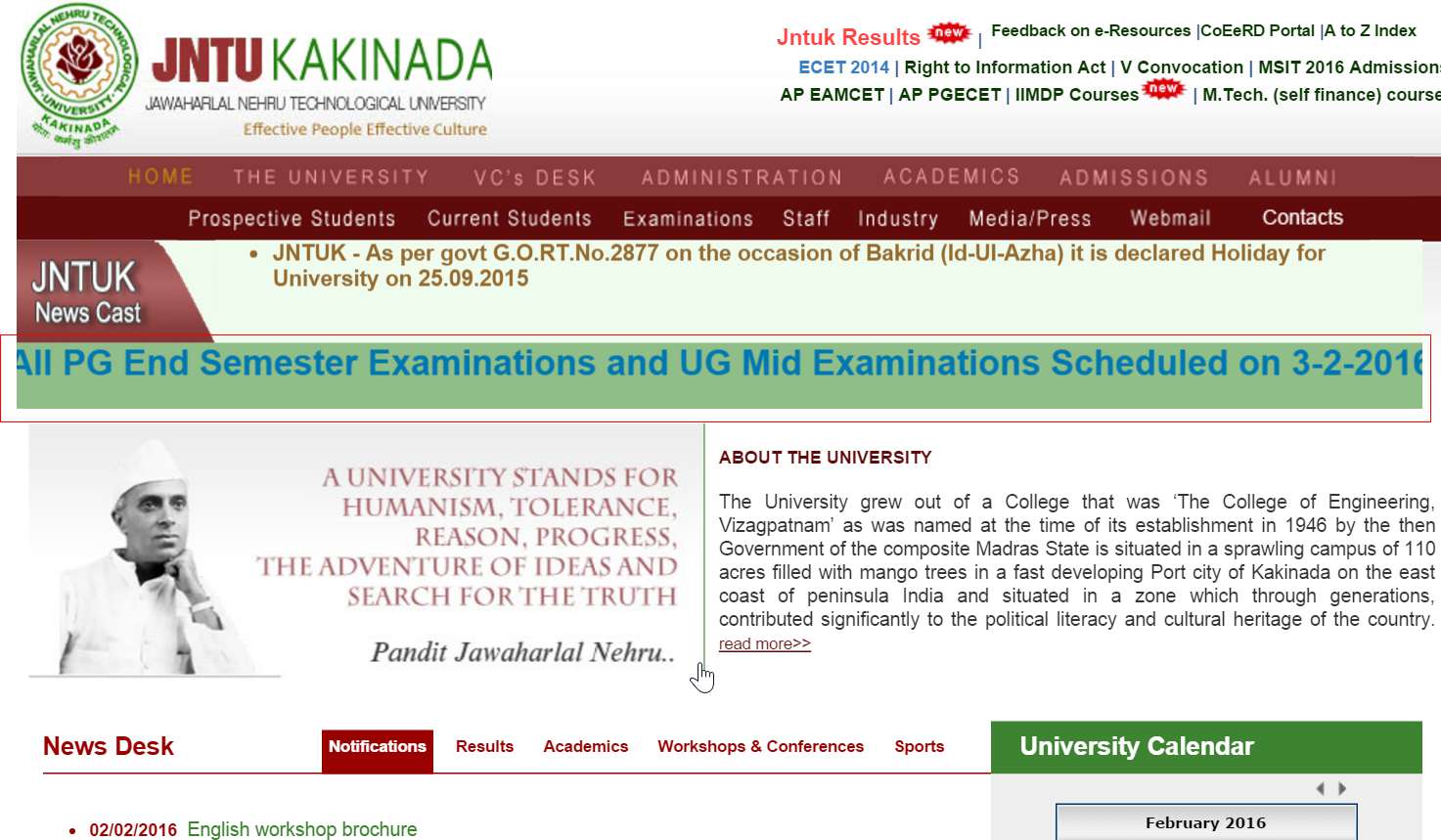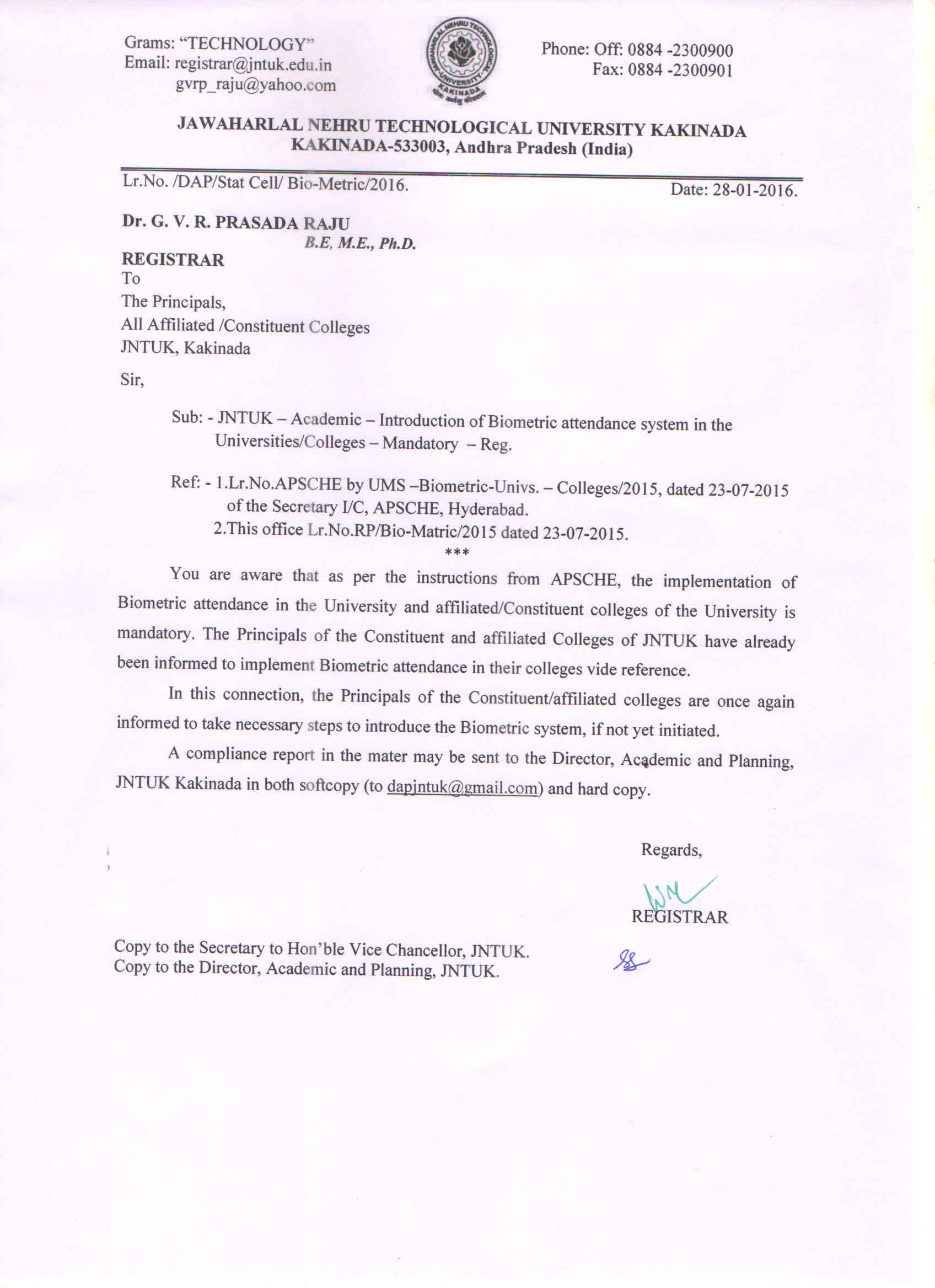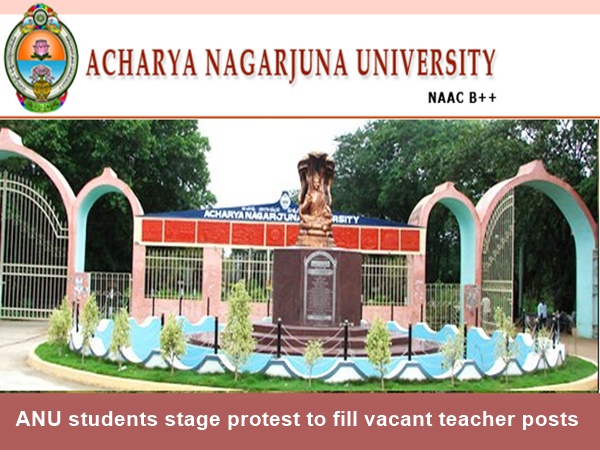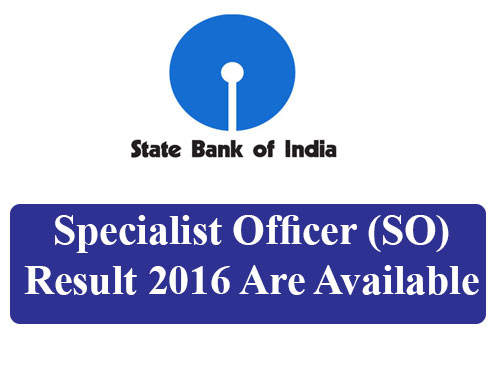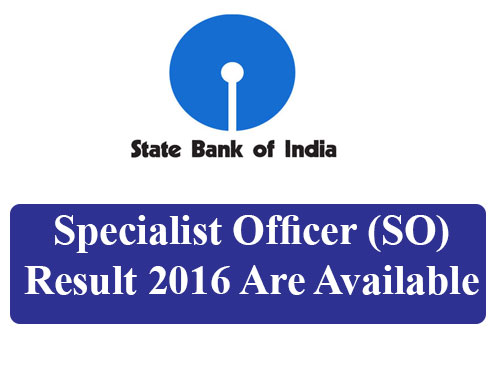JNTUK External Examination Instructions To Candidates
JAWAHARLAL NEHRU TECHNOLOGICAL UNIVERSITY KAKINADA
KAKINADA-533003, ANDHRA PRADESH, INDIA
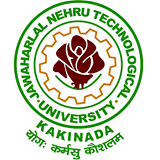
The below given Instructions are Same For B.Tech/ B.Pharamcy/ MCA/ MBA/ M.Pharmacy ….etc Students.
INSTRUCTIONS TO CANDIDATES
1. Please check the details of your particulars in the OMR Sheet. ie. Name, Hall Ticket No., Examination and Paper etc.,
2. In case of any deviation in the above or if the OMR sheet is torn/ damaged, the defective answer book may be returned to the invigilator and ask for a blank OMR sheet and fil the particulars properly.
3. Ensure that the OMR Barcode sheets propery secured to the AnswerBooklet given.
4. You are prohibited from writing on or tampering tne Barcodes as they may affect marks alloted to you
5. Candidates are prohibited from:
- (i) Writing their H.T. Nos. in any part of the answer booklet.
- (ii) Writing their names in any part of the answer booklet.
- (iii) Addressing the examiner in any manner whatsoever in the answer booklet. If they do so, their answers will not be valued.
- (iv) Writing religious symbols.
- (v)Brining cell Phones/ Mobile phones.
6. Berore beginning to answer any question, the candidates should write the correct number of that question. They should complete the answer for any question and commence writing answer for the succeeding question. Anwers written at different places for the same question wiil not be valued.
7. Answers should bewitten on both sides of the paper.
8. Do not write in the margin.
9. No loose sheets of paper will be allowed in the examination room; no paper must be detached or attached to the answer booklets.
10. Answers must be legibly written.
11. candidates should write not less than 25 lines in each page. It is not necessary to begin each answer in a fresh page.
12. This answer booklet should be returned to the invigilator before leaving the examination hall.
13. Enter the Question Paper Set Number(i.e., 1 or 2 or 3 or 4) received by them in the Block specified on the first page of the main answer book. Enter the Question Paper Set Number and sign in the attendance sheet supplied.
14. Students should stay in the Examination Hall at least for one and a half-an-hour from the commencement of the Examination.
15. NO ADDITIONAL ANSWER BOOKLET will BE SUPPLIED.
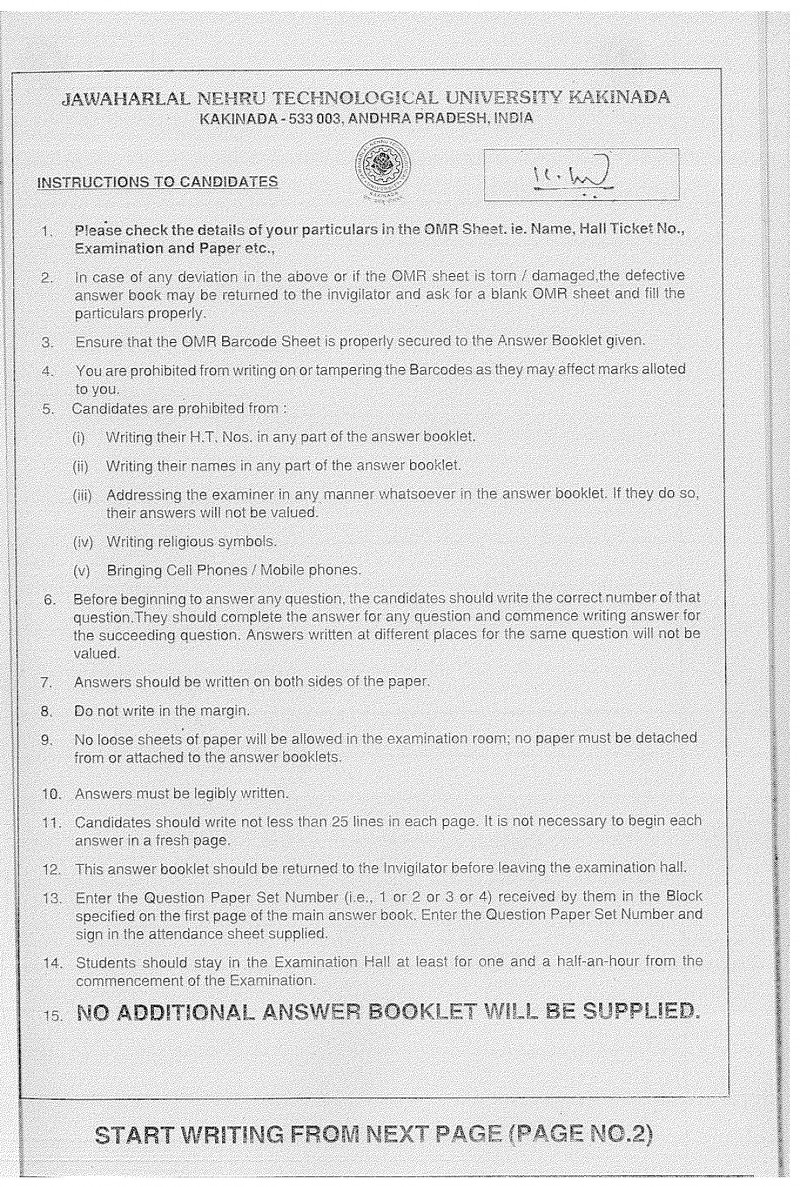
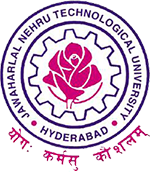


320-x100(1).gif)



